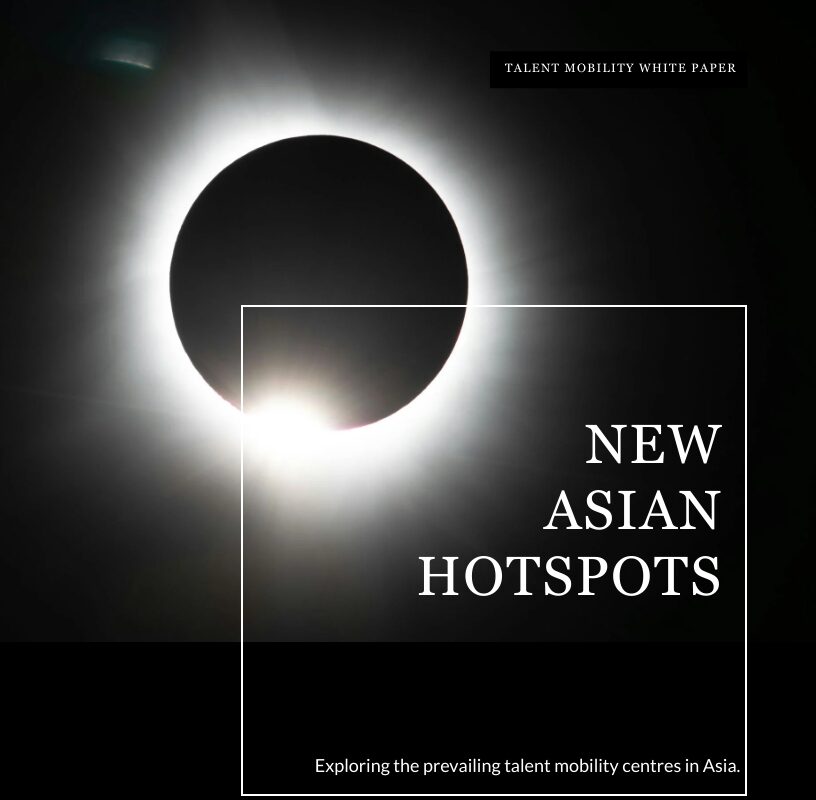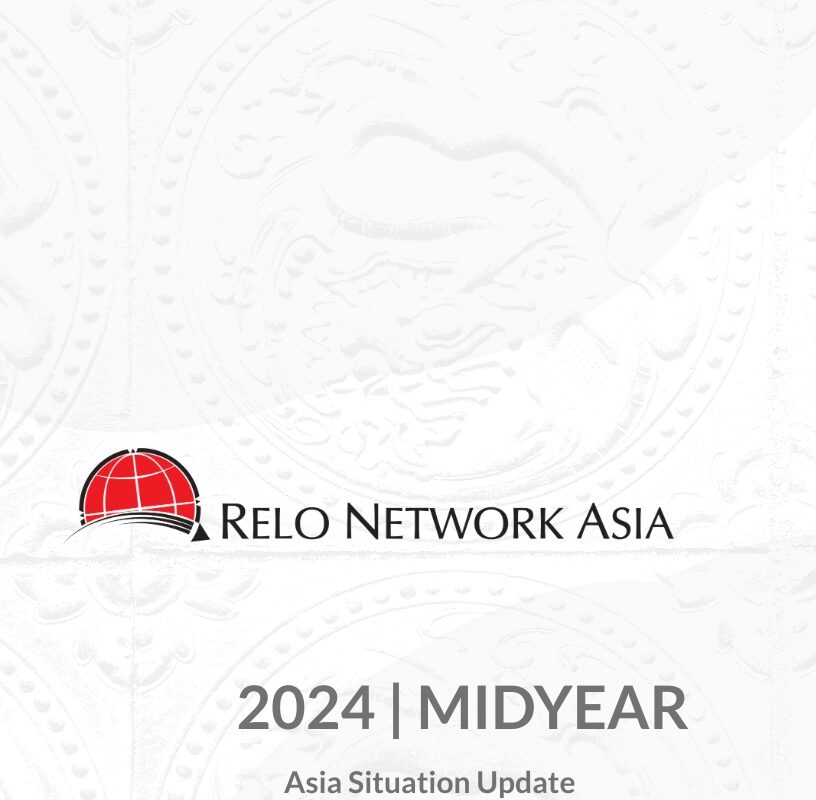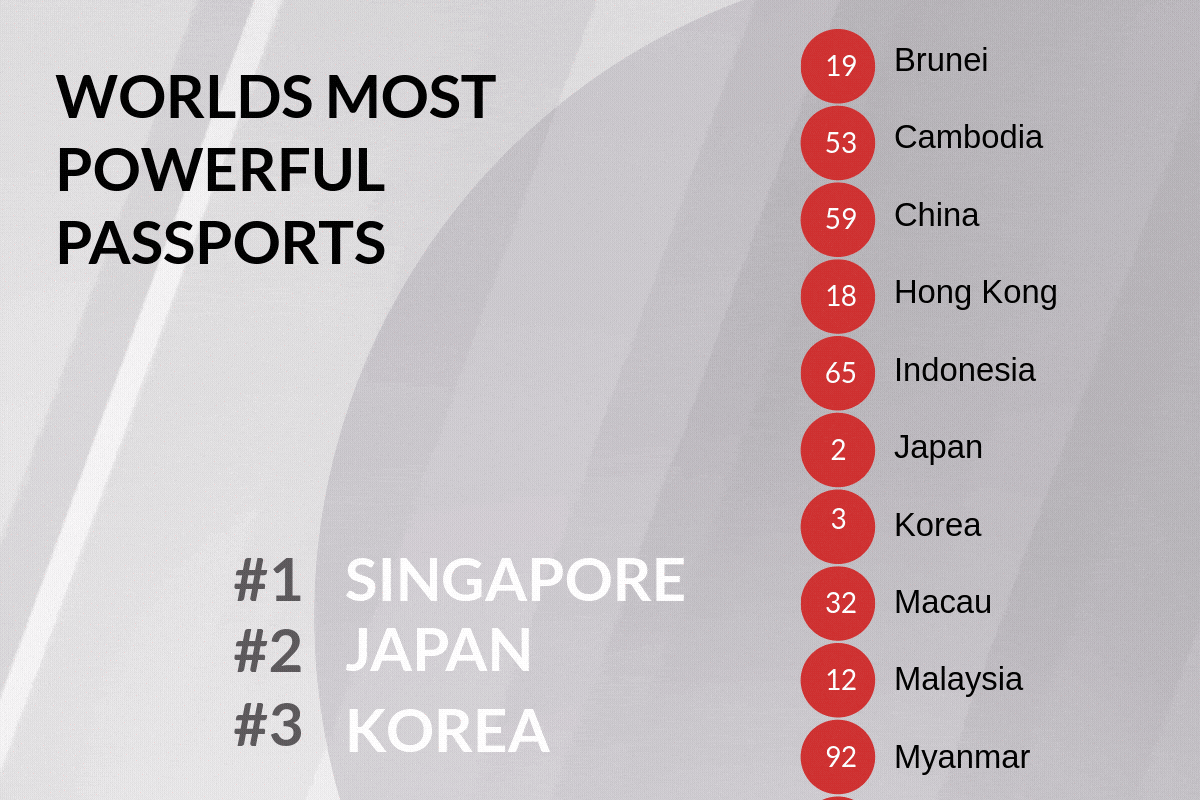The introduction of One Day DSP programs has had a negative impact all along the supply chain and to the assignee experience. Are these programs wishful thinking, or are they a new necessity that requires a better definition that once meant for a vastly different set of circumstances?
In this series, we will explore the impact of these one-day support programs, their viability, impact and possible alternatives.
PART I: A Look Back At How We Got Here
Global economic uncertainties, rapid inflation, and geopolitical challenges have prompted companies to adopt cautious strategies. Forbes reported a 200% increase in corporate layoffs by October 2023 compared to the same period
in 2022. ECA International’s “Managing Mobility Survey” highlighted that more than half of the companies faced challenges due to increasing cost pressures on talent mobility. In response to these challenges, there has been a notable increase in requests for one-day support services, encompassing various aspects of relocation.
There seems to be a general trend in service orders for a standalone day of destination services. For example, the service request can vary between a defined day for Area Orientation, Settling, or Home Search. Sometimes, the request arrives as an undefined program for one day of “DSP” service. In contrast, in other circumstances, the singular timeframe can be requested to encompass multiple services, often Area Orientation, Home Search, and Settling In.
Between 2021 and 2023, Relo Network Asia has experienced a rapid increase in these initiations.
- +57% Standalone one-day initiations (combination of AO, SS, HF, and SI)
- +9% Standalone one-day Home Search initiations
- +47% Standalone one-day Home Search or “DSP” initiations
The demand for one-day services has more than doubled over the last three years. The rate of increase is over 3 ½ times greater than the growth rate for all initiations. Reviewed by year, in 2022, the increase in standalone one-day Home Search was 2.25 times the percentage increase for all initiations, while in 2023, it rose against all initiations to 12 times the increase.
Colleagues we spoke with also experienced increases, although some more than others. Packimpex saw a difference between corporate direct clients and relocation management clients. The latter had a far greater number of 1-day initiations for them.
Both evolution and revolution in the talent mobility industry supply multiple reasons why a traditional destination services benefit may not apply to every relocating employee in 2023 and beyond. The shift towards one-day support services is not solely driven by cost reduction; it reflects broader changes in the nature of relocations. The evolution from traditional expat packages to more localized and short-term assignments, along with the resurgence of rotational programs post- pandemic, has influenced the types of support requested. Now frequently integrated into corporate strategy teams, talent mobility caters to diverse employee types. Support for new hires, cross-border recruits, and self-selected moves necessitates a more flexible and tailored approach to destination service benefits.
Likewise, new stakeholder assignee profiles have arisen. There has been a transition from predominantly “west- to-east” expatriations to intra-regional ones. Further, the development of domestic relocations in larger countries like China and India creates more assignee diversity. Rohit Kumar, founder and managing director at IKAN Relocation Services India, shared they had not experienced an increase in 1-day programs for cross- border initiations but have for domestic relocation business.
But does the recent adoption of the stand-alone one-day benefit represent talent mobility teams’ desperate attempt to offer support with a budget that doesn’t permit much? Or is the trend reflective of a general misapplication of a pricing mechanism that shows a fee for one day on paper where a defined service does not exist?
We will discuss this pricing mechanism in question in Part II: The Theory of Pricing Impact on One Day DSP Programs.



